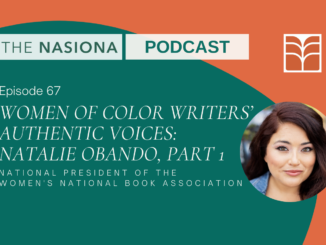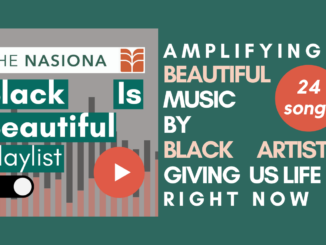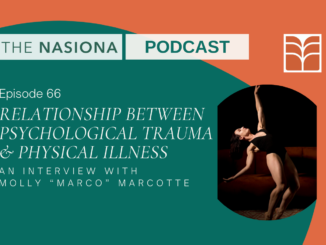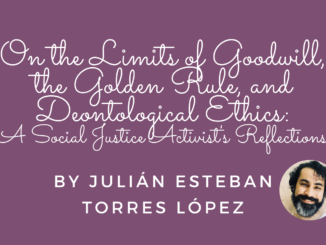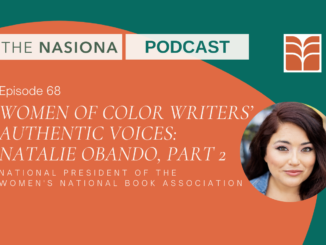
Episode 68 – Women of Color Writers’ Authentic Voices: Natalie Obando, Part 2
We continue with the second part of Julián Esteban Torres López’s conversation with Natalie Obando, the current national president of the Women’s National Book Association and first Latina to take the helm. They continue to discuss the Authentic Voices Fellowship Program, her experiences and thoughts about the White Gaze in publishing and storytelling industries, how she uses her influence to transition us out of it so we can become more authentic and reflect a more realistic representation, and much more. They also dissect the harmful urge to center the comfort of others by anglicizing our names, thereby decentering ourselves at the outset of relationships, and the kind of impact this form of code-switching has on us and our communities. If you have not already, we encourage you to go back and listen to the first part so you can better situate yourself in today’s episode. […]
